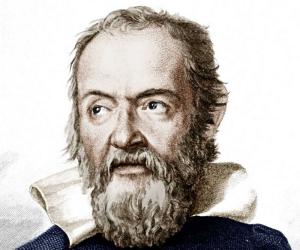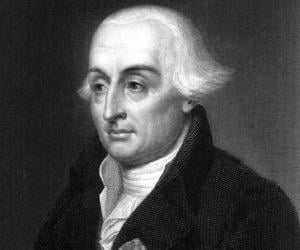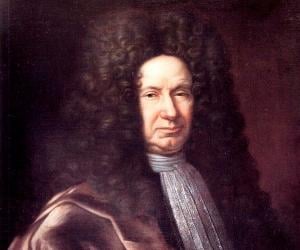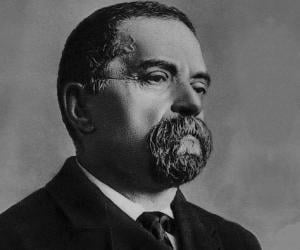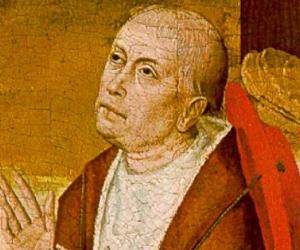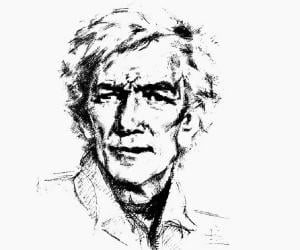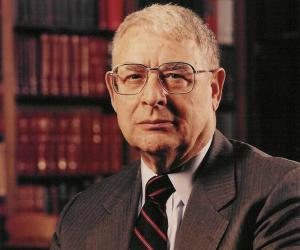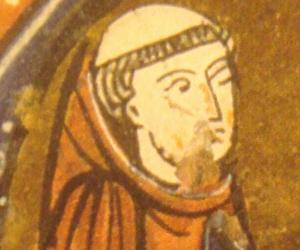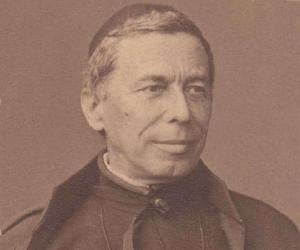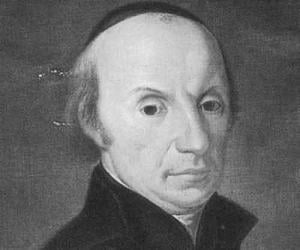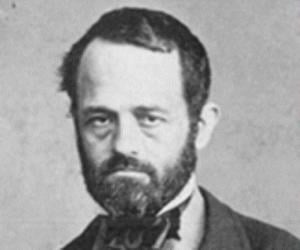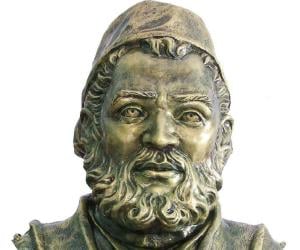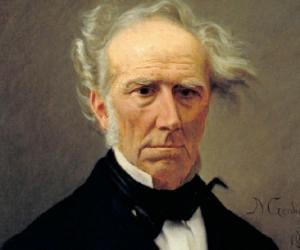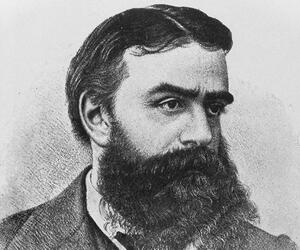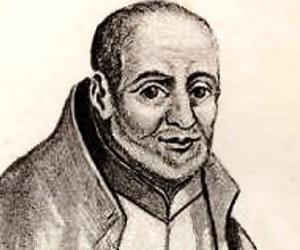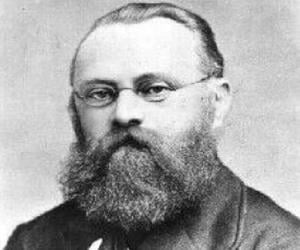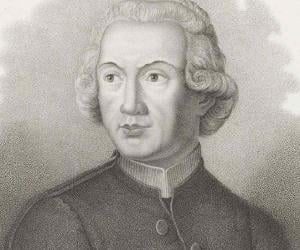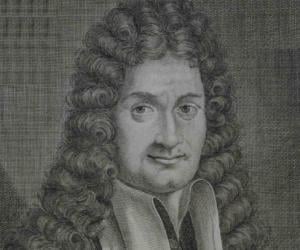1
Galileo Galilei
(Known as “Father” of Observational Astronomy who Invented the ‘Thermoscope’ and Various Military Compasses)
Birthdate: February 15, 1564
Sun Sign: Aquarius
Birthplace: Pisa, Italy
Died: January 8, 1642
Galileo Galilei was an Italian astronomer, physicist, and engineer known for his contributions to observational astronomy, classical physics, and the scientific method. He studied speed, velocity, gravity, free fall, and the principle of relativity. Galileo also made advancements in applied science and technology, inventing military compasses, describing pendulum properties, and developing the thermoscope. He observed celestial objects through telescopes he built, discovering phenomena such as the phases of Venus, Jupiter's moons, Saturn's rings, and sunspots. He faced opposition from the Catholic Church for his support of Copernican heliocentrism and spent his later years under house arrest.
